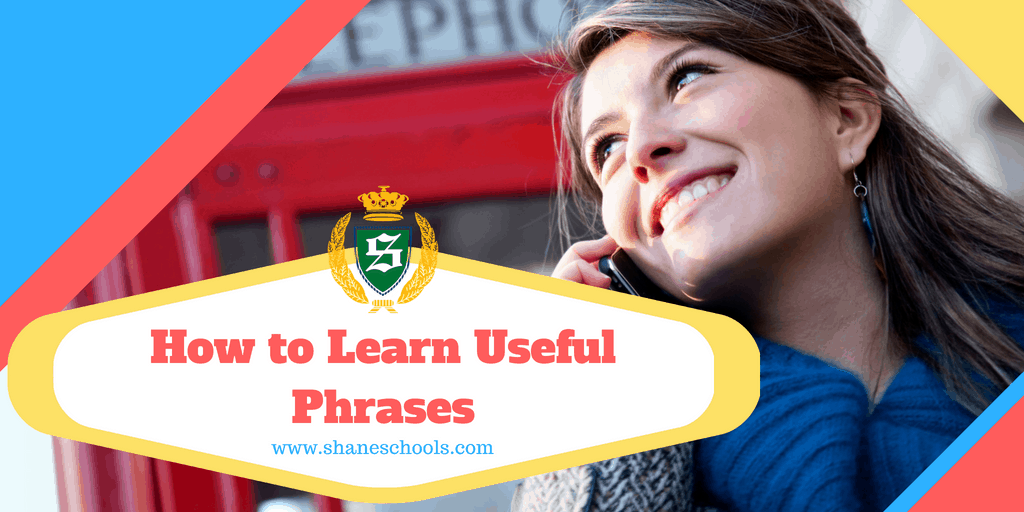In English, there is a large number of fixed phrases and expressions that are sometimes not easy to understand, but they are very useful, even necessary. These phrases are a part of the cultural heritage of a nation, present in the speech of most people in one region and they are often not a part of the lexical fund of a language.
Applicable phrases are those expressions or whole sentences that sound natural, and you can use them in a variety of situations. I will give one example – the phrase “That sounds good.” We can use this sentence when we decide to which café we want to go, which movie to watch, when a friend tells us about a new job, or someone invites us to dinner and says what they will prepare for us.
Often overlooked is the fact that a rich vocabulary consists of using individual words and full phrases. These phrases are especially important to English learners who start later in life. Older students devotedly practice grammar and try to remember independent, singled out words, but in communication, they constantly get shut down because they lack natural expressions. In contrast, those who have learned English through cartoons, computer games, movies and music, know and use these phrases, which makes others feel like the speaker is advanced when, in fact, students who learn like this often struggle with grammar. By saying this, I am not trying to say one method is better than the other. Moreover, both types of students have their advantages and disadvantages. Successful learning is when you take those advantage of and minimize the imperfections.
Now, instead of trying to translate this expression in your head and lose valuable time trying to decipher each of its parts, focus on the sentence in its entirety – say it out loud as a whole a couple of times and I guarantee it will be easier for you to remember it this way.
There is a lot of these phrases and they are all around you – in the texts you read in a textbook, even in language exercises for grammar and vocabulary, and, of course, when talking to those who know more than you. It does not only have to be a teacher, but also some of the students from your class. You just need to be open to the idea that the language is all around you and it is waiting for you to casually pick up useful little things one at a time. And of course, you cannot immediately learn them all – one to two phrases a week, or even a month, is quite enough.
They will also help you to learn to translate less frequently and they will also strengthen your language ego – you will feel better and more successful in communication.
About the Author
Milica Madić, freelance blog/article writer from Serbia, with experience in teaching and working with young learners.

Want to learn English?
Are you learning English? Here's how to learn with Shane English School.

